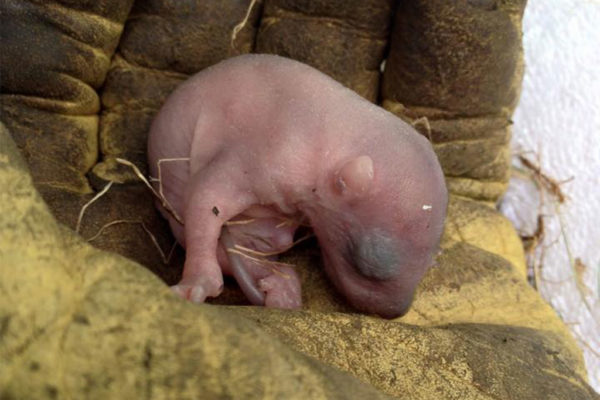As spring comes around, there’s a better than usual chance that Fairfax County residents might find baby animals in their back yards or on trails.
But Fairfax police say folks should think twice before trying to step in and help a baby animal, according to a press release. More often than not, police said human intervention could hinder the animal’s chances at survival.
Animal protection officers said the most commonly found animals in Fairfax County are squirrels, red foxes, raccoons, rabbits, skunks, opossums and songbirds.
According to police, signs that an animal needs help include:
- Signs of flies, worms or maggots, which look like grains of rice
- Was caught by a cat or dog
- Signs of trauma, such as an open wound, bleeding, or swelling
- If the parents are known to be dead or are separated and cannot be united
- Is very cold, thin or weak
- Is on the ground unable to move
- Is not fully furred or feathered
Still, police noted that baby animals rehabilitated by their parents are much more likely to survive than those assisted by humans.
According to the press release:
A young animal’s best chance for survival is to receive natural care from its parents and remain wild. Survival rates of rehabilitated animals are often low and many do not survive their first year upon release back into the wild. Before intervening, please learn more about which wildlife species and situations you are most likely to encounter and ways to determine whether an animal needs help.
Police said many animals brought to wildlife professionals are in no actual need of human help. Baby animals left alone are not necessarily orphaned or abandoned and many species of wildlife hide their young for safety and leave them alone for extended periods of time.
According to the release:
If you come across a baby animal and feel the need to intervene, we offer guidelines below to determine if the animal needs help. If an animal is displaying these signs, contact a licensed wildlife rehabilitator, veterinarian or our Animal Protection Police for further assistance and instruction. Please do not handle any baby wild animal and do not attempt to offer food or water unless instructed to do so by a professional. This can do more harm than good.
If you have questions about whether an animal needs help or to locate a licensed wildlife rehabilitator, police say people can contact the Virginia Wildlife Conflict Helpline toll-free at 1-855-571-9003. This helpline is available Monday through Friday from 8 a.m.-4:30 pm. Animal Protection Police can be reached through the non-emergency line at 703-691-2131.
Photo via Facebook






